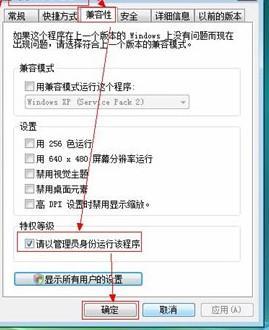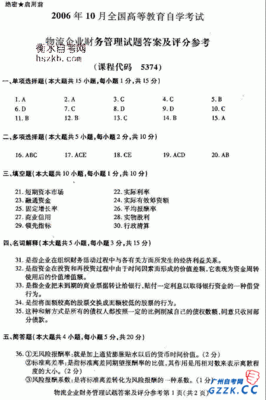1)连词。其意思和用法=or,“要不然/否则”。
eg. We'll go early,otherwise we may not get aseat.
我们得早一点去,不然就没有座位了。
2)形容词。其意为“另外的, 其他方面的”。
eg. He said he’s innocent, but the evidence was otherwise.
他说他是无辜的,但是证据显示的是另外一回事。
3)副词。其意为
A. “不同地”,如:We were going to play football, butit was so hot that we decided to do otherwise.
我们原打算踢足球,可是天很热,我们就决定干别的了。
B. “(在)其他方面”,如:He is noisy, but otherwise a niceboy.
他爱吵闹,但在其他方面倒是一个好孩子。
C. “(多用在虚拟语气中相当于一个“虚拟条件句:如果没有…”)否则/要不然”,如:
He reminded me ofwhat I should otherwise have forgotten.
他提醒了我, 要不然(如果没有提醒我)我就会把这件事给忘了。
His advice has madethe design better than it wouldotherwise have been.
他的建议使得这个设计要比它本该是(如果未采纳他的建议)的样子要好。
真题范例
#2012—T4
The research of Till Von Wachter,the economist at ColumbiaUniversity, suggests thatnot all peoplegraduating into arecession see their life chances dimmed: those with degrees from eliteuniversities catch up fairly quickly to where they otherwise would have been if they’d graduated in bettertimes.
哥伦比亚大学的经济学家…的研究表明并非所有在经济萧条时期毕业的人都视自己的人生际遇渺茫:那些具有名牌大学学位的毕业生可以很快达到如果是在经济较好时期毕业才该有的地位。
#基础班T22
It can also free communities and countries,allowing them to leapforward into periods of wealth and social unity thatotherwisewould not bepossible.
素质教育同样还解放了社会和国家,使其跨越到富裕和社会统一时期,如果没有素质教育就不可能实现富裕和社会统一。 爱华网
爱华网



